Optimal Seasons for Foundation Repairs
Foundation repairs are most effectively performed during specific weather conditions and seasons. Understanding the optimal timing can help ensure the longevity and effectiveness of repairs, minimizing disruptions and potential complications.
Spring offers moderate temperatures and stable moisture levels, making it an ideal time for foundation repairs. Avoiding extreme cold or heat helps materials set properly.
Fall provides cooler temperatures and less humidity, which can be beneficial for certain repair methods. However, preparation for winter is essential to prevent delays.
Extreme cold in winter can hinder repair processes, while high summer temperatures may cause materials to cure too quickly, affecting durability.
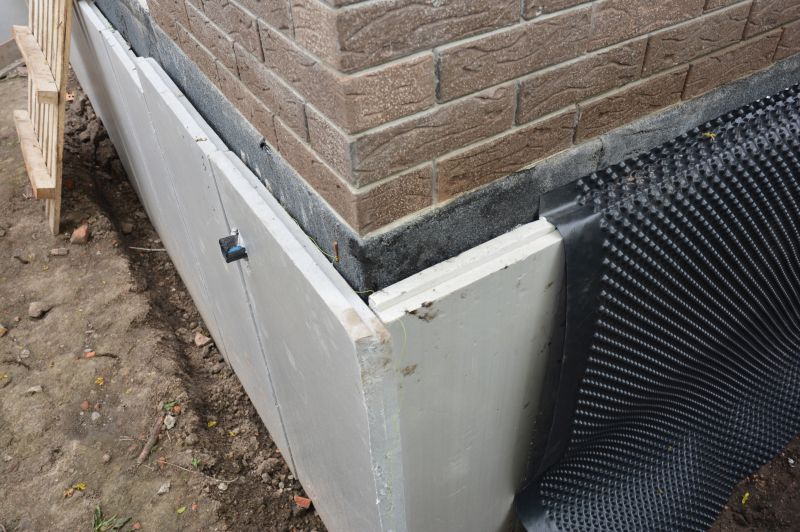
Spring weather allows for effective moisture management during repairs.
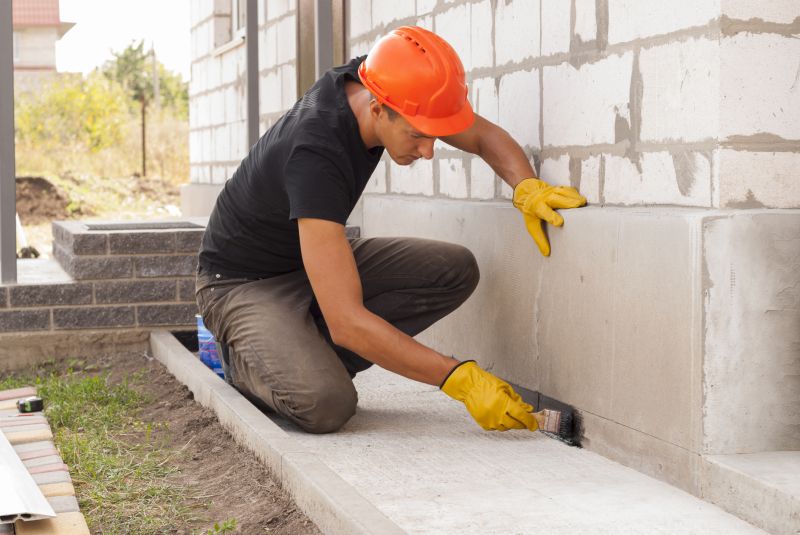
Cooler temperatures facilitate certain repair techniques.
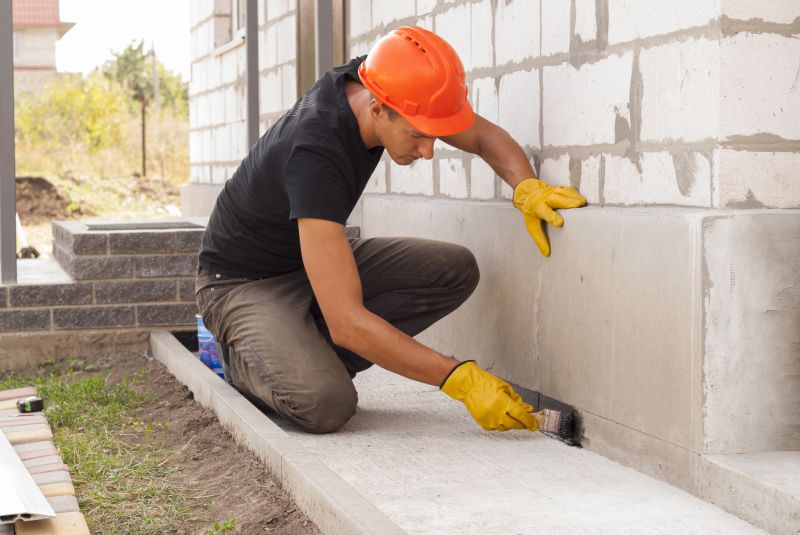
Choosing the right season ensures better results.
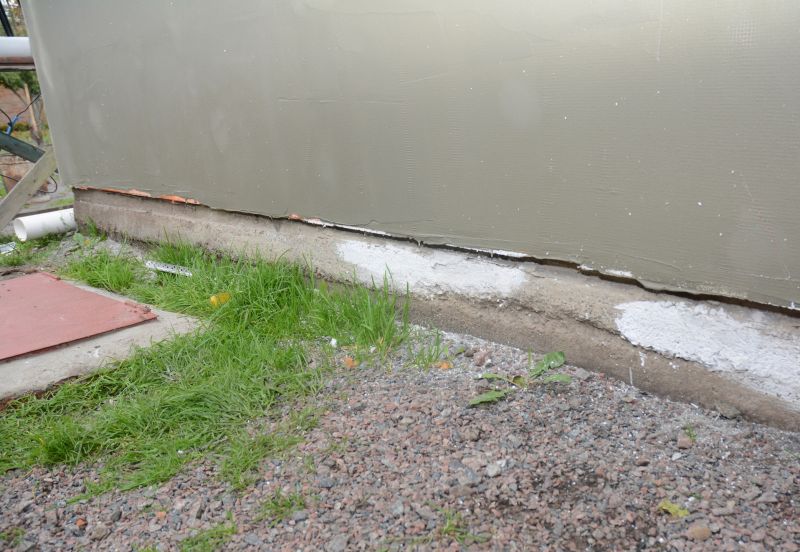
Ways to make Foundation Repairs work in tight or awkward layouts.
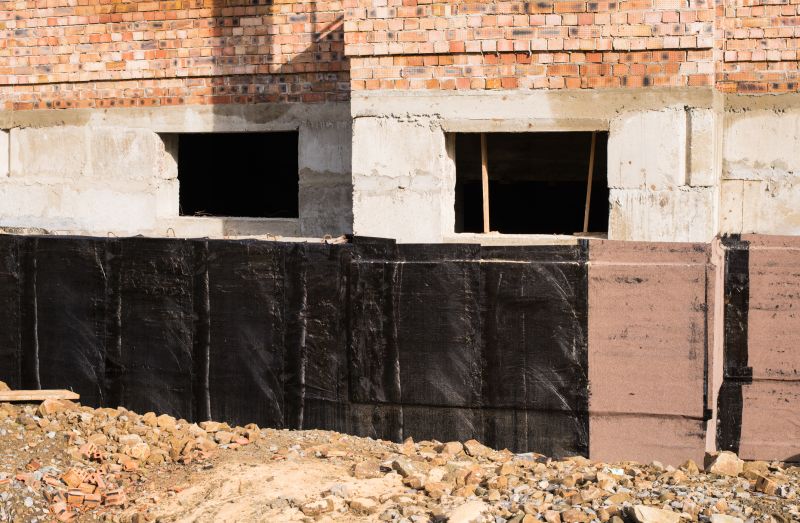
Popular materials for Foundation Repairs and why they hold up over time.
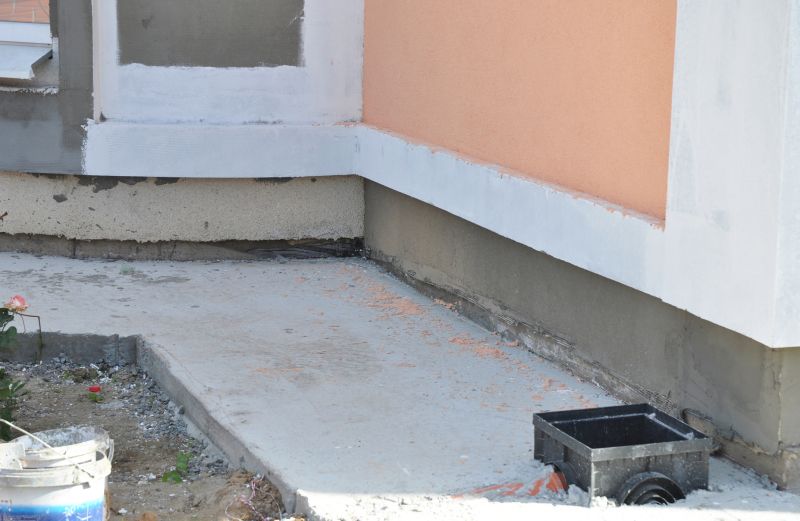
Simple add-ons that improve Foundation Repairs without blowing the budget.
| Season | Best Practices |
|---|---|
| Spring | Moderate temperatures, stable moisture, ideal for most repairs. |
| Summer | Avoid high heat; schedule early or late in the day. |
| Autumn | Cooler weather, prepare for winter conditions. |
| Winter | Generally not recommended due to cold and frozen ground. |
Foundation repairs involve addressing issues such as settling, cracking, and shifting that can compromise structural integrity. Timely intervention can prevent further damage and costly repairs. Proper assessment and execution during optimal seasons can enhance the durability of repairs, ensuring foundations remain stable over time. Statistics indicate that repairs performed during favorable weather conditions tend to last longer and require fewer follow-up interventions.
The most common foundation problems include cracking walls, uneven floors, and sticking doors. These issues often result from soil movement, moisture fluctuations, or poor initial construction. Recognizing the signs early and choosing the right season for repairs can significantly improve outcomes and reduce the risk of recurring problems.
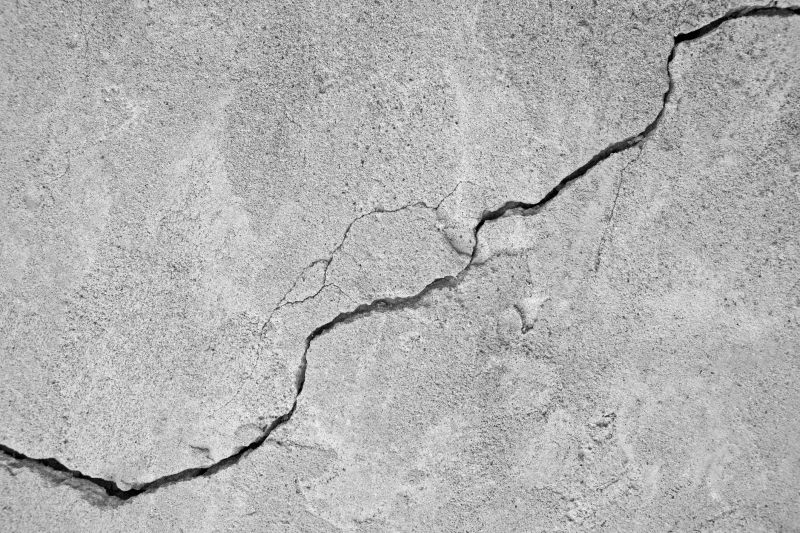
Cracks can indicate shifting or settling issues.
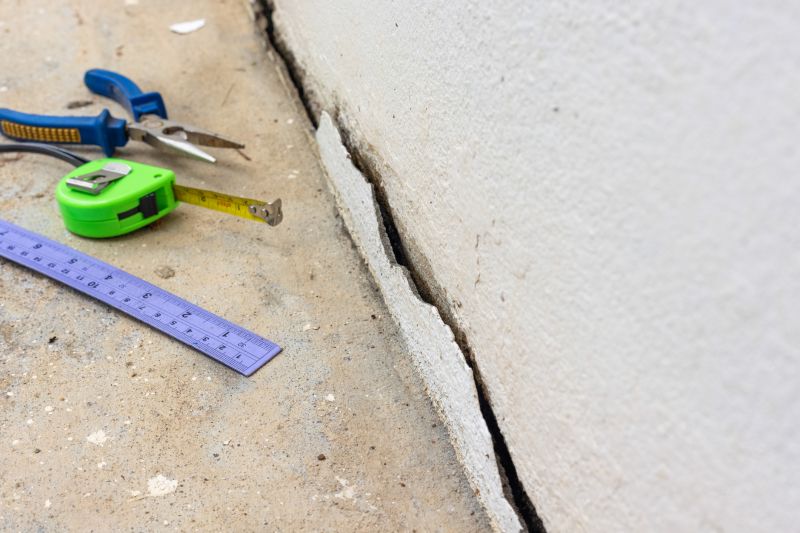
A sign of foundation movement needing attention.
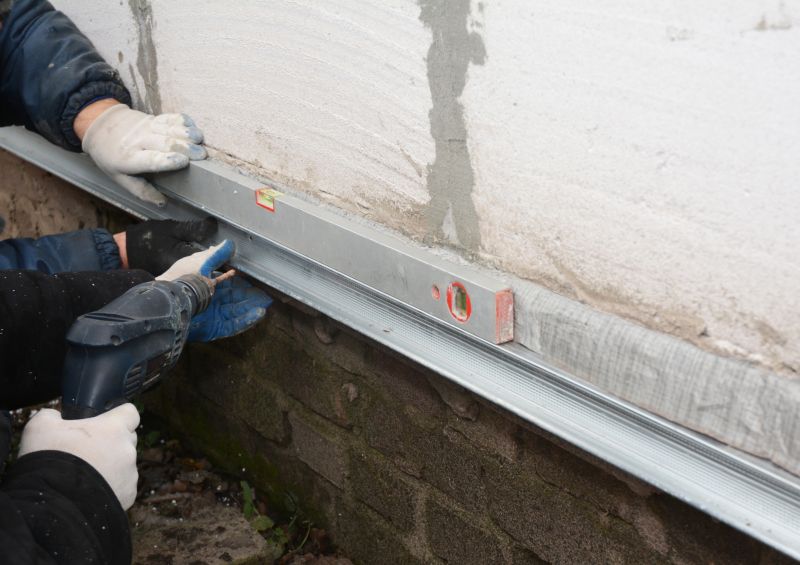
Monitoring signs of shifting foundations.
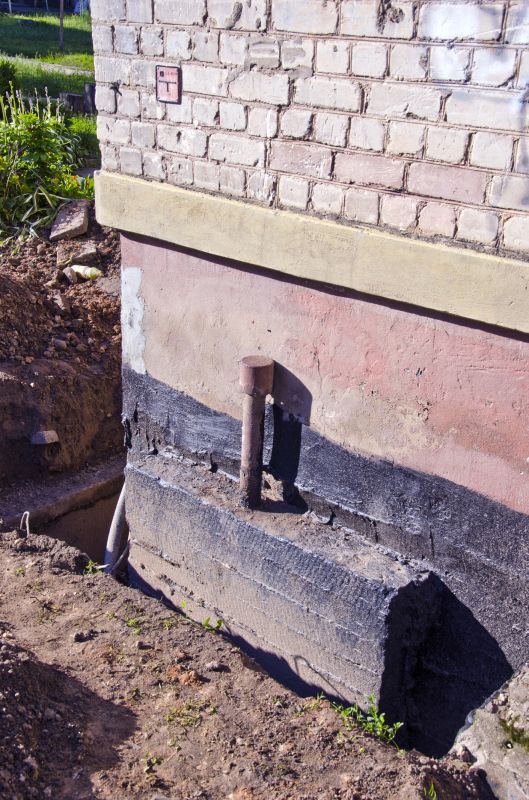
Proper techniques restore stability.
Look for cracks, uneven floors, and sticking doors.
Scheduling repairs during optimal weather conditions enhances durability.
Ensure proper moisture levels and ground conditions.
Spring and autumn are generally preferred for foundation work.
Understanding the best time for foundation repairs is crucial for ensuring effective and lasting results. Seasonal considerations, weather patterns, and soil conditions all play a role in planning repairs. Consulting with foundation specialists can help determine the most suitable timing based on specific site conditions and structural needs.
Interested in foundation repairs? Filling out the contact form can provide the necessary information and assistance to schedule repairs at the most appropriate time, ensuring the stability and safety of the property.




